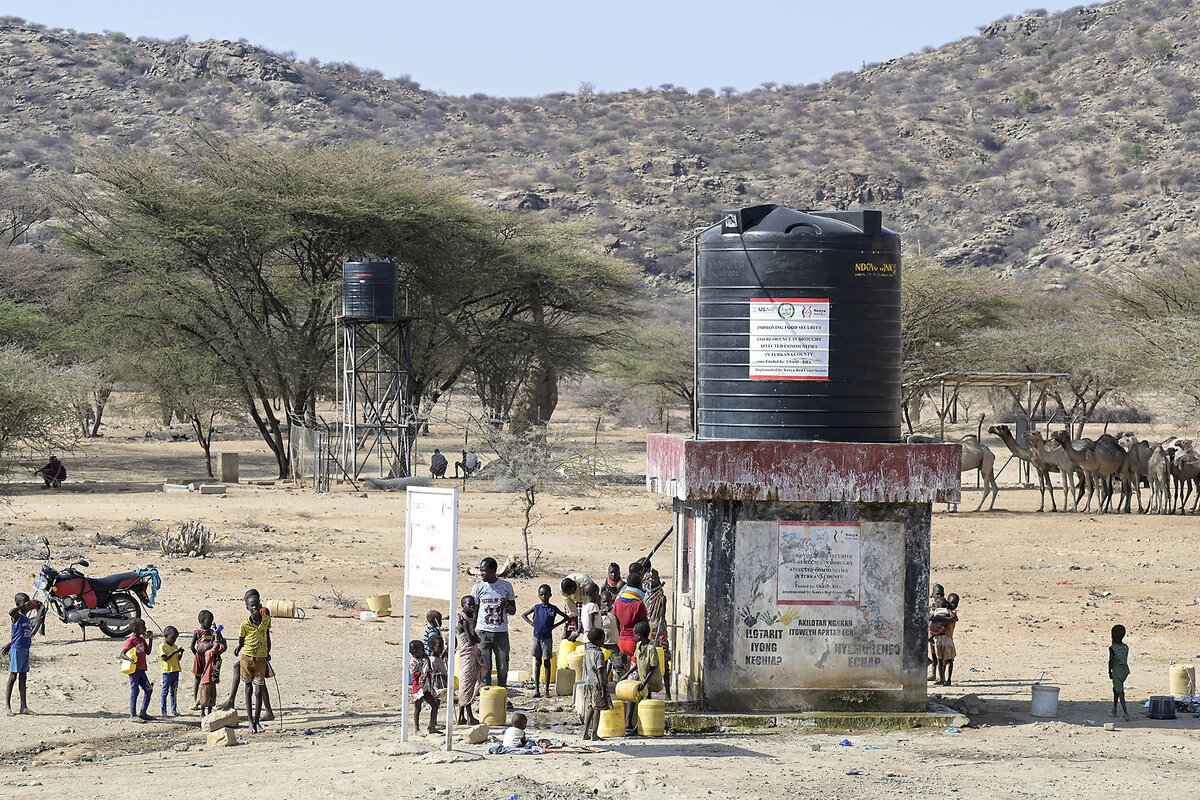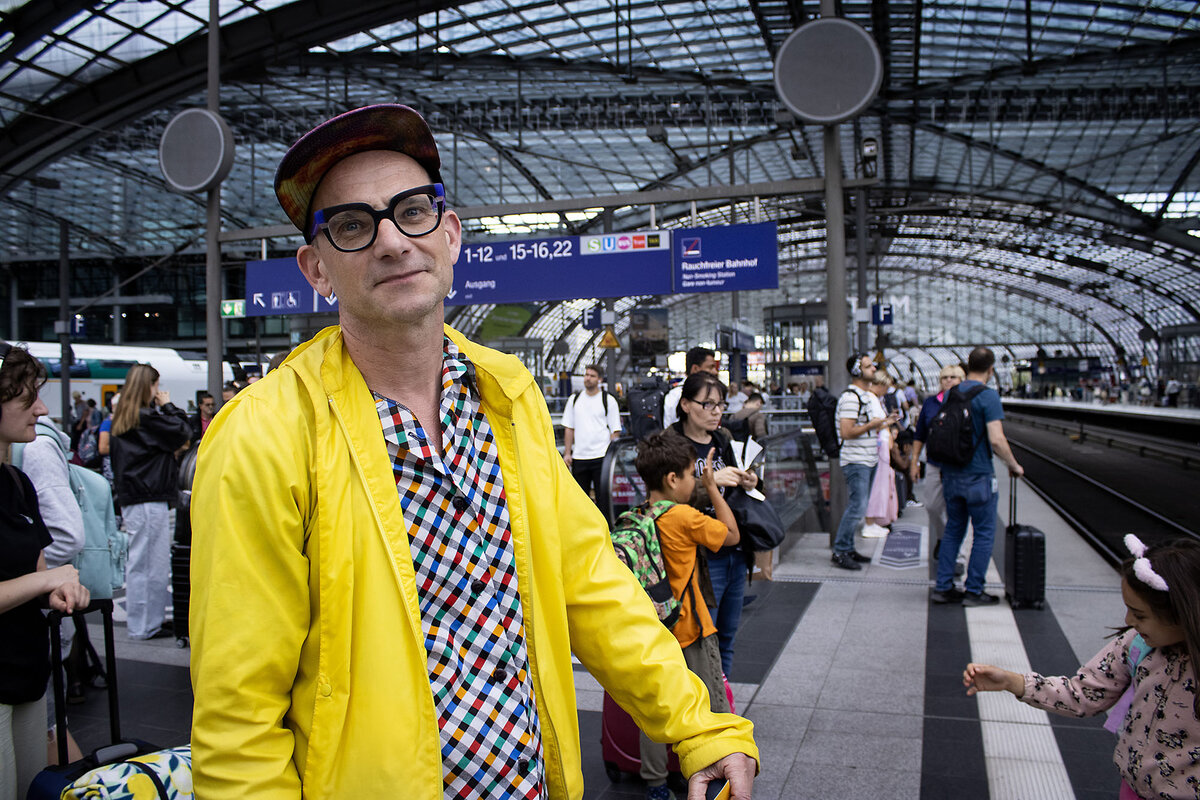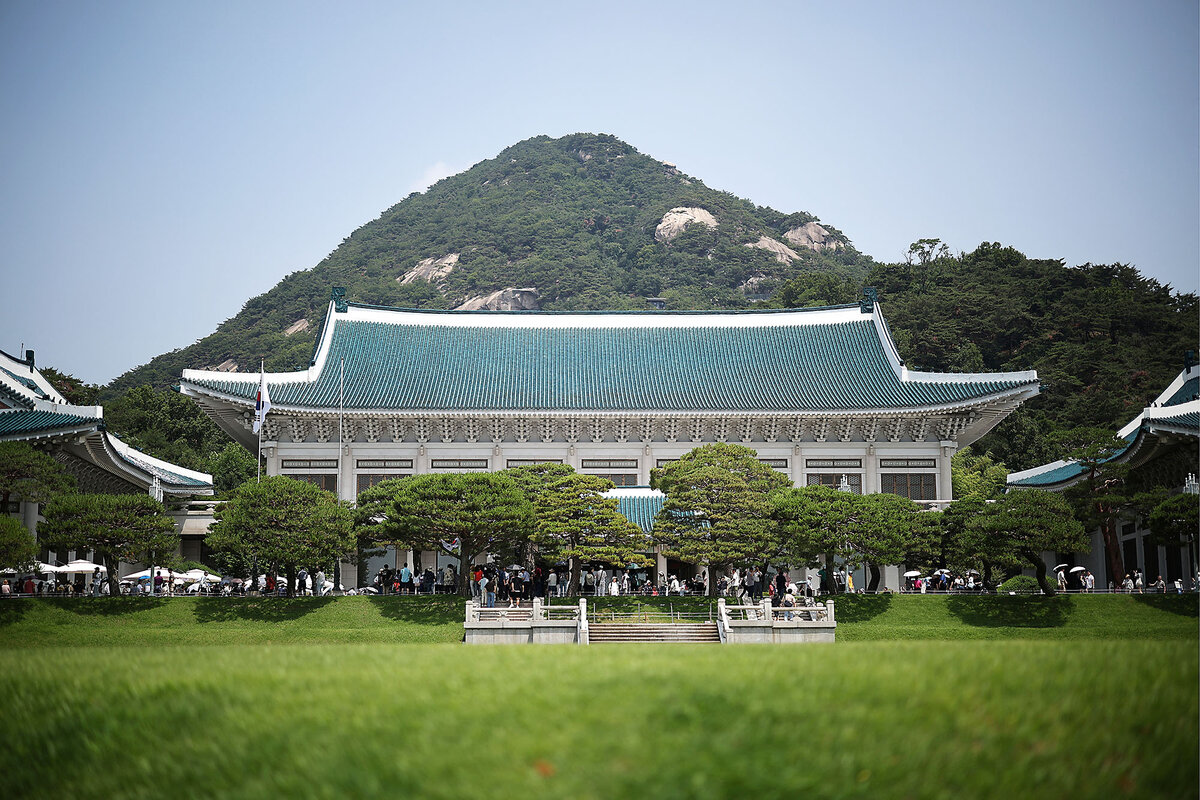A ceasefire in Syria faltered. Clashes continued in the southern Syrian city of Sweida on Wednesday after a ceasefire between government forces and Druze armed groups broke down, and Israel threatened to escalate its involvement in support of the Druze religious minority. The Syrian Observatory for Human Rights estimates over 250 deaths since Monday including civilians and soldiers. – The Associated Press
Fissures widened in Israel’s government. The ultra-orthodox United Torah Judaism party announced its departure from the governing coalition, citing disagreements over a bill granting military draft exemptions for religious students. The issue has long divided Israelis and intensified amid war in Gaza. The move will increase Prime Minister Benjamin Netanyahu’s reliance on far-right parties during ceasefire discussions. – AP
There was a deadly stampede at a Gaza food distribution site. The Gaza Humanitarian Fund said 19 people were trampled in a stampede and one person was fatally stabbed in the violence at a distribution hub in the southern Gaza city of Khan Younis. The United Nations reports 875 Palestinians have died near aid sites since May. At a gathering of 30 nations in Colombia, a UN special rapporteur called Tuesday for nations to take action to stop what she described as the “genocide” in Gaza. – AP
Some federal troops are leaving Los Angeles. The Trump administration said Tuesday it is ending the deployment of 2,000 National Guard troops in the city, out of the roughly 4,000 National Guard troops and 700 Marines who had been deployed. The troops were tasked with protecting federal buildings and guarding immigration agents as they carry out arrests. It wasn’t immediately clear how long the rest would stay. – AP
The U.S. sent five deportees to Eswatini. The government already deported eight men to another African nation, South Sudan, after the Supreme Court lifted restrictions on sending people to countries where they have no ties. The Trump administration has said it is seeking more deals with African nations to take deportees. – AP
A team of astronauts returned from space. NASA-retiree-turned-private-astronaut Peggy Whitson splashed down in the Pacific Tuesday after her fifth trip to the International Space Station. She was joined by crewmates from India, Poland, and Hungary returning from their countries’ first space station missions. The 18-day trip, organized by Texas-based Axiom Space in collaboration with SpaceX, included more than 60 microgravity experiments. – Reuters
“Severance” led Emmy nominations. The surreal workplace series won 27 nods in a boost for Apple TV+, which is vying for HBO’s crown as the home for prestige television. Apple TV+ also scored 23 nominations for its Hollywood comedy “The Studio.” Plus a first-ever Emmy nod for Harrison Ford in “Shrinking.” HBO and Max, meanwhile, netted a record combined 142 nominations, including for DC Comics adaptation “The Penguin.” As for Network television? Veteran actor Kathy Bates, the nominee for Best Drama Actress, is favored to win for “Matlock.” The Emmy Awards air on CBS Sept. 14. – Staff
Ice cream is going natural. Dozens of U.S. ice cream producers are planning to remove artificial colors from their products by 2028, a dairy industry group and government officials said Monday. The producers, which represent more than 90% of ice cream sold in the country, are the latest food companies to remove dyes voluntarily since Health Secretary Robert F. Kennedy Jr. in April said the U.S. aimed to phase out many synthetic dyes. – Reuters











